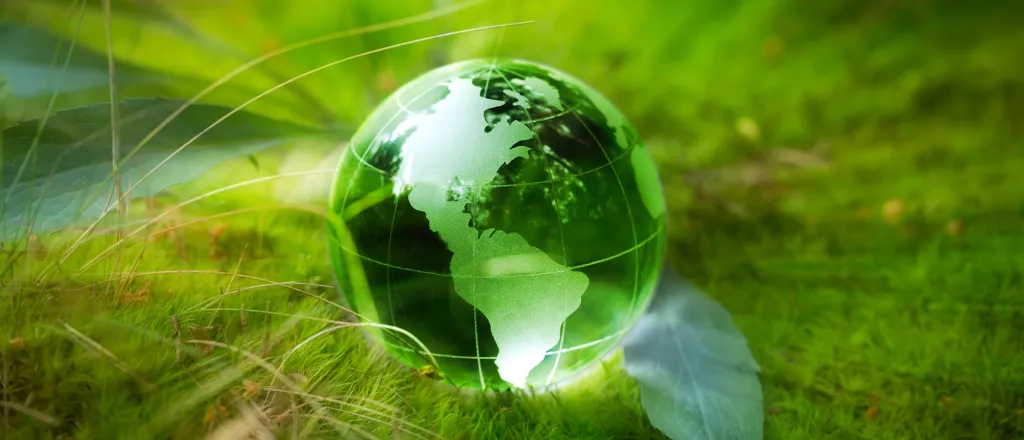
EarthTalk – Does grilling generate a lot of pollution and greenhouse gases?
© iStock
Dear EarthTalk:
I’ve heard that grilling generates a lot of pollution and greenhouse gases. Are there greener types of grills or grilling methods that are more planet-friendly?
– Bill D., Raleigh, NC
We certainly do love to grill. Whether it’s hot dogs, burgers, steaks, salmon or shish-kebab, chances are you and/or your neighbors have grilled it up recently. But all that grilling can’t be good for the planet or our carbon footprints. Researchers in the United Kingdom report that a typical summer barbecue for four people releases more greenhouse gases into the atmosphere than an 80-mile car journey.
There are several types of grills that can contribute to pollution, and your grill is most likely included. Charcoal grills release more emissions because they are literally burning carbon. If you live in a poorly ventilated area, charcoal grills may not be the best option since they release particulate matter into the air.
There are two major types of charcoal: lump charcoal, which is roasted wood; and briquettes, which are laced with chemicals and flammables. Both release very toxic volatile organic compounds and carbon monoxide when burned. But, between both of them, lump charcoal is the more sustainable option.
On the other hand, propane and natural gas grills emit significantly less pollutants than charcoal grills; however, they do burn fossil fuels. They are more efficient, cooking faster easier, but still release chemicals like Nitrogen oxide, although usually on a smaller scale compared to charcoal grills.
An even better option are electric grills. These might be pricier, but they do significantly reduce emissions and will last a long time without refueling. They rely on electricity from the grid, so their environmental impact depends on the source of electricity generation.
Choosing renewable energy sources, such as solar or wind power, further enhances the sustainability of electric grills. Similarly, infrared grills use infrared radiation for cooking. Instead of heating the air around the food, they target the actual metal and food on the grill. They also lock in moisture making them ideal for cooking steaks, burgers and other meats.
Grilling is an integral part of our culinary culture, but it is essential to acknowledge and address its potential environmental impact. By embracing sustainable alternatives, such as electric grills or infrared grills, we can still indulge in grilling while minimizing our carbon footprint.
CONTACTS
- How much is your summer BBQ damaging the environment? manchester.ac.uk/discover/news/how-much-is-your-summer-bbq-damaging-the-environment/
- Green Grilling for a Better Cookout, thespruceeats.com/green-grilling-basics-334977
- How to Become a Green Grill Master, saveonenergy.com/green-energy/green-grilling/
- The Greenest Way To Grill, theatlantic.com/science/archive/2021/07/grilling-emissions-environment/619394/.
















